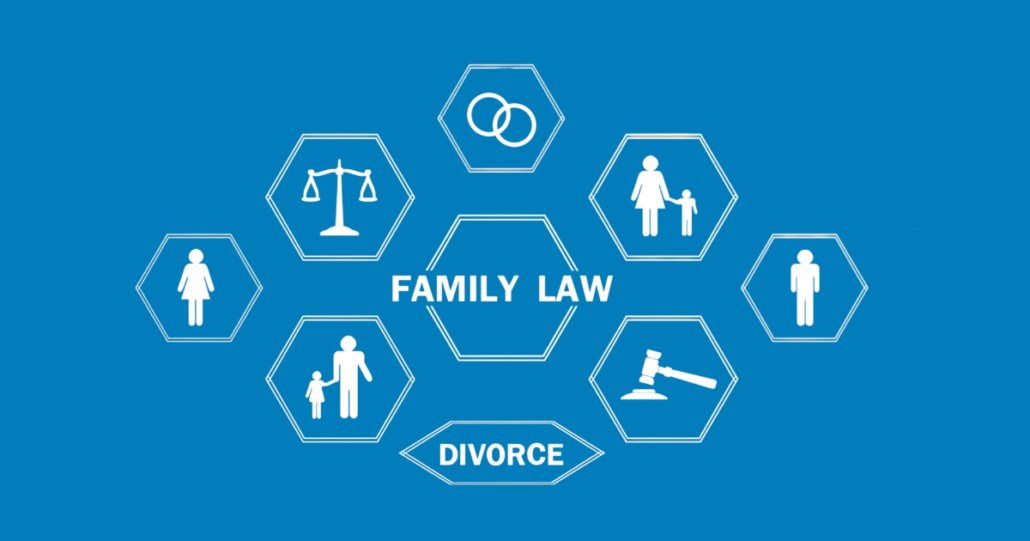Going through a separation or leaving a partner can be a challenging and emotionally taxing time. And in today’s digital age, ensuring your privacy and safety on your Apple devices is paramount. If you’re finding yourself in this situation, here’s a guide to help you protect yourself and your data if you hold an Apple device:
Stop Location Sharing:
- Navigate to Settings > Privacy > Location Services and turn off location sharing for all apps.
- If you have shared your location with someone using the Find My app, you can stop sharing by tapping on “Share My Location” and disabling it.
Change Apple ID Password:
- Go to Settings > [your name] > Sign In & Security > Change Password.
- Choose a strong and unique password to prevent unauthorised access.
- Consider enabling 2-factor authentication, if you haven’t already done so, for further security.
Family Sharing:
- If you have Family Sharing set up, it’s essential to review what access your ex-partner has to your data.
- Go to Settings > [your name] > Family Sharing and review what is being shared.
- You can remove your ex-partner from Family Sharing by tapping on their name and selecting “Remove”.
iCloud and Subscriptions:
- If you share an iCloud account and your ex-partner cancels their subscription, you may lose access to data shared under that subscription.
- To avoid this, consider setting up your own iCloud account and unlinking any devices that are not yours.
Photos, Videos, and Messages:
- If you share an iCloud account, your ex-partner may have access to your photos, videos, and iMessages.
- Consider backing up your data and creating a separate iCloud account for your personal use.
- This may not be the case unless you share an Apple ID or they have the password. It is recommended that you change the Apple ID password or create a new separate Apple ID if you were sharing one (see above for these steps).
Apple ID and Wallet:
- Sharing an Apple ID could potentially give your ex-partner access to your bank or Apple Wallet card details.
- It’s recommended to create your own Apple ID for privacy and security purposes.
Linked Devices:
- If you have left a device with your ex-partner that is linked to your Apple ID, they may be able to access data stored on that device.
- It’s best to unlink the device from your Apple ID.
Remember, these are real concerns and it’s crucial to take steps to protect your privacy and safety. If you have any questions or need further assistance, don’t hesitate to contact Apple Support for guidance.
In times like these, seeking professional legal advice can also be helpful. At Southern Waters Legal, we have extensive experience in assisting people through separation and can provide the guidance and support you need. Feel free to reach out to us for a confidential discussion with one of our experienced Family Law Solicitors today at 02 9523 5535.
We are not Apple specialists and cannot guarantee these steps alone will fully protect you. This blog is meant as a guide to educate and guide you on risks you may not have considered when separating. We recommend you contact Apple support to be assisted through these steps and gain more clarity if needed.









